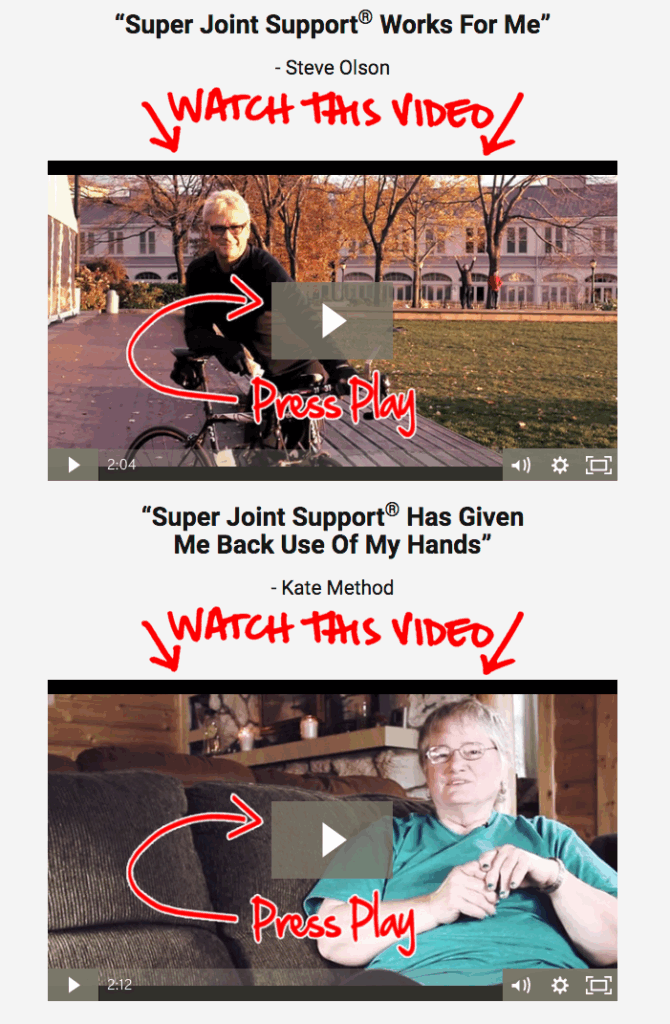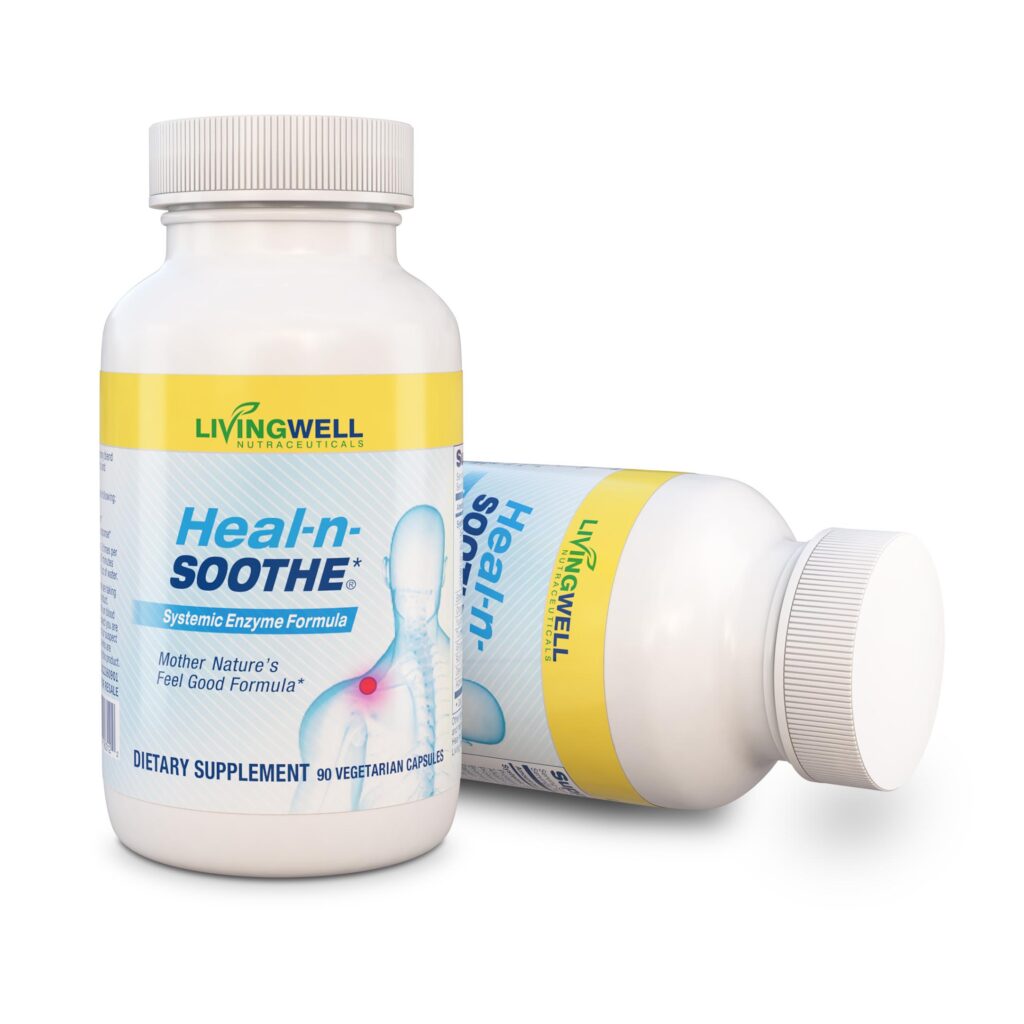If you are expecting, you are well aware that your body has gone and will continue to go through many changes to accommodate a growing baby. All of the excitement and joy however, can be overshadowed by the aches and pains that oftentimes accompanies pregnancy. One particular type of pain we are going to discuss is pregnancy tailbone pain. Also called, coccydynia, this type of pain affects the tailbone (coccyx) and is most commonly affects woman. It is common for pregnant woman to experience pregnancy tailbone pain, since the growing fetus can press up against the ligaments which are attached to the tailbone. It is most commonly experienced in the second and third trimesters. It is most likely not serious and oftentimes goes away within two months of delivery.
Causes of Pregnancy Tailbone Pain
In order for the female body to prepare for labor, the body will produce a hormone called “Relaxin”. Relaxin will help various ligaments and muscles located in the pelvis to relax in preparation for labor and delivery. What happens is that Relaxin also causes the ligaments that connect the tailbone to the spine to loosen up, which allows the coccyx to move or shift. This loosened and flexible tailbone is very useful during childbirth, but can cause pain prior to childbirth, in particular when the baby’s head is pressing down on it.
Treatments for Pregnancy Tailbone Pain
Most often than not, tailbone pain during pregnancy is not serious and will resolve itself a couple of months after delivery. In the meantime, there are ways you can help alleviate some of the tailbone pain naturally. Getting prenatal massages will not only feel great and help you relax, they can also be very beneficial with helping relieve some of the pain. Be sure that your massage therapist is aware of your condition and has experience in dealing with people suffering from tailbone pain.
Try to avoid sitting for long periods of time, as this can irritate the coccyx and cause the pain to increase. When sitting, we recommend the use of a back pain seat cushion, which will provide the needed support to the tailbone without direct contact with the tailbone and seated surface.
Certain medications can help alleviate pain but be sure to check with your doctor and make sure you are aware of what you can take while pregnant. NSAIDs or non-steroidal anti inflammatory drugs need to b avoided during pregnancy as they may cause problems for the baby.
With adequate rest and taking the above mentioned precautions, your pregnancy tailbone pain can be managed.






